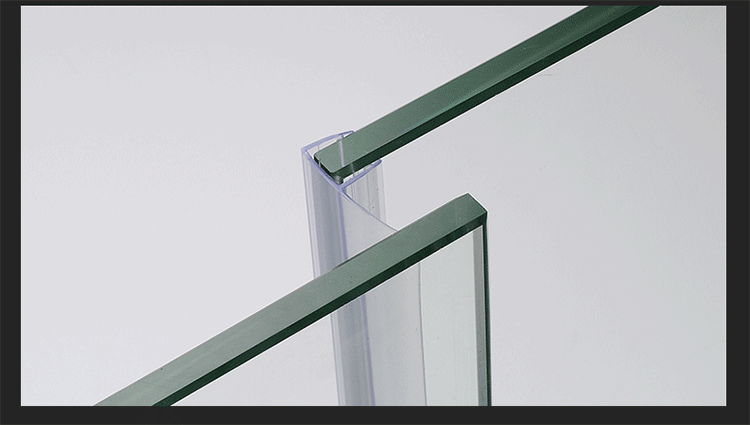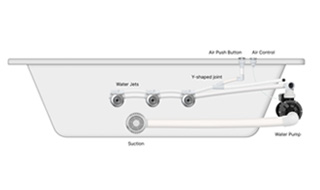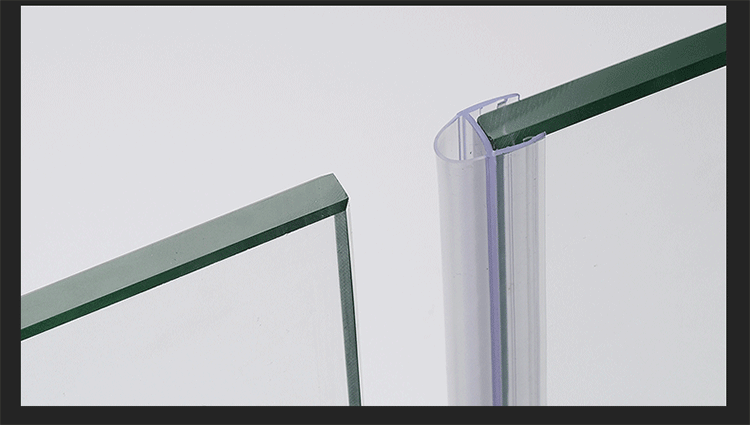How to Choose the Best Shower Door Seals: Materials, Shapes, and Expert Tips
Shapes of Shower Room Seals

Magnetic Sealing strips



Comparison of Waterproof Seal Materials
| Material | Characteristics | Advantages | Disadvantages |
| PVC | Polyvinyl chloride, the most common material for waterproof seals. | 1.Low cost
2.Highly flexible and easy to shape | 1.Prone to aging
2.Not heat-resistant, may become brittle over time |
| PMMA | A clear, rigid plastic often used for high-quality finishes. | 1.Excellent optical clarity
2.Good UV resistance | 1.Brittle at low temperatures
2.More expensive than PVC |
| Rubber | Natural or synthetic rubber, soft and elastic. | 1.lifespan of at least 15 years
2.Superior sealing performance | 1.Higher cost |
Silicone | A highly flexible material, often used in high-temperature and chemical-resistant applications. | 1.Excellent heat and UV resistance
2.Very durable
3.Flexible at low temperatures | 1.High cost
2.Can be difficult to install in certain configurations |
PP (Polypropylene) | A thermoplastic material known for its strength and chemical resistance. | 1.Lightweight
2.Highly resistant to chemicals
3.Cost-effective | 1.Not very flexible
2.Limited temperature range |








































